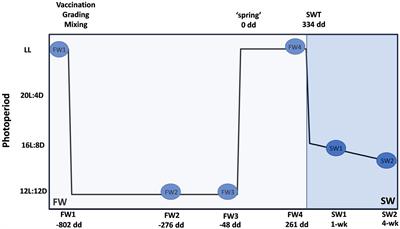EDITORIAL
Published on 25 Feb 2022
Editorial: Understanding the Interplay Between Diet, Feed Ingredients and Gut Microbiota for Sustainable Aquaculture
doi 10.3389/fmars.2022.853548
- 1,171 views
- 2 citations
10k
Total downloads
49k
Total views and downloads
You will be redirected to our submission process.
EDITORIAL
Published on 25 Feb 2022
ORIGINAL RESEARCH
Published on 26 Nov 2021

ORIGINAL RESEARCH
Published on 21 Oct 2021

ORIGINAL RESEARCH
Published on 27 Jul 2021

ORIGINAL RESEARCH
Published on 06 Jul 2021

ORIGINAL RESEARCH
Published on 01 Jul 2021

ORIGINAL RESEARCH
Published on 14 Jun 2021

ORIGINAL RESEARCH
Published on 31 May 2021

ORIGINAL RESEARCH
Published on 20 May 2021

ORIGINAL RESEARCH
Published on 13 May 2021

ORIGINAL RESEARCH
Published on 12 Apr 2021

